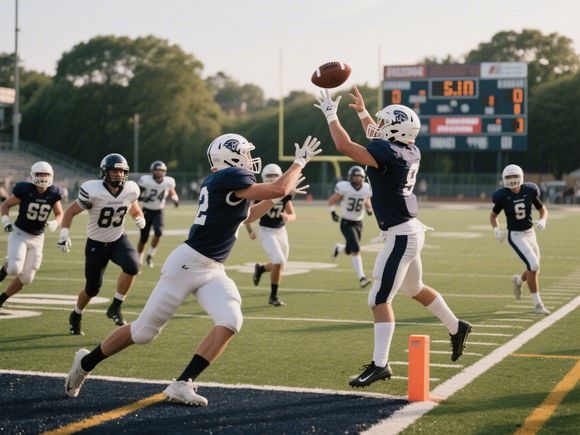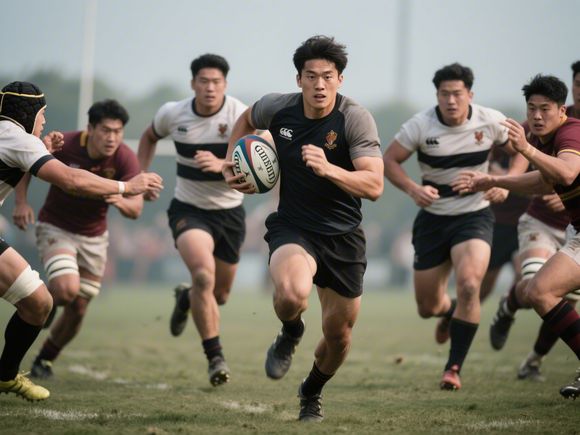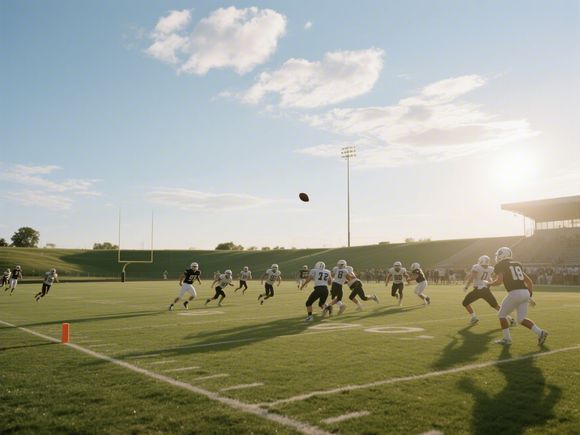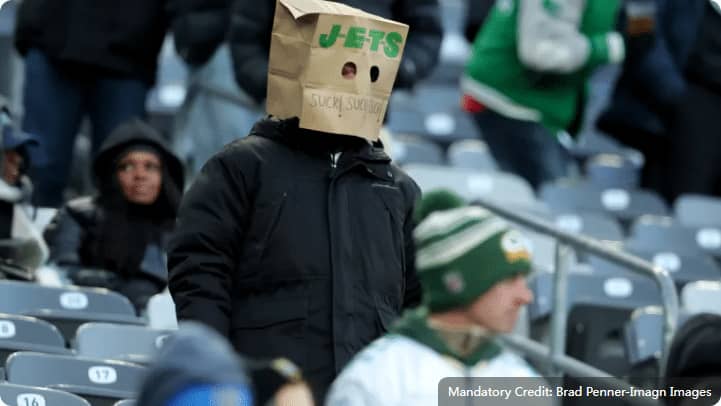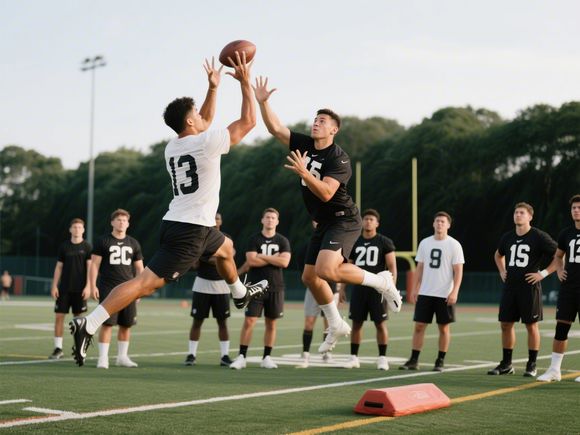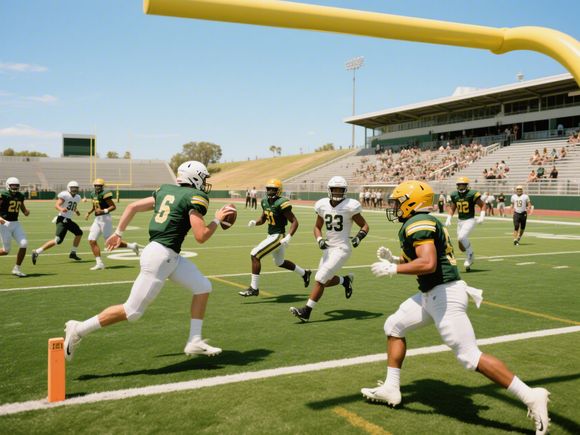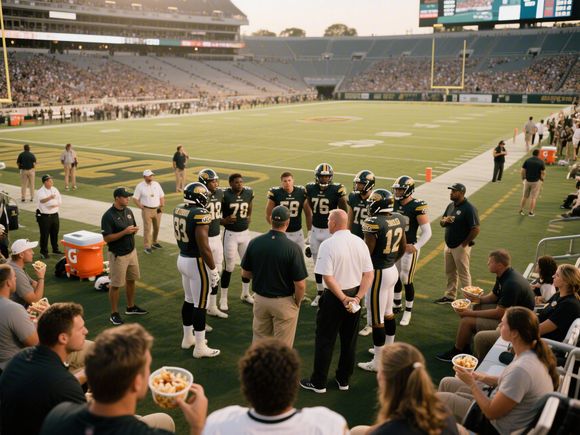NFL Owners Approve ’Tush Push’ Ban, Ending Eagles’ Dominant Short-Yardage Tactic
Introduction
The NFL’s competition committee has voted to ban the controversial "tush push" play, a move led by the Green Bay Packers to eliminate the Philadelphia Eagles’ signature short-yardage tactic. Finalized during the league’s annual meeting in Minneapolis, this decision marks a major shift in offensive strategies and sparks debates over fairness and player safety.
The Rise and Fall of the Tush Push
Known as the "Brotherly Shove," the play emerged under Eagles head coach Nick Sirianni. It involved quarterback Jalen Hurts lining up under center, with massive offensive linemen like Jordan Mailata (365 lbs) and Landon Dickerson (332 lbs) pushing him forward at the snap. This created unstoppable momentum, converting 92.3% of attempts in 2022 and maintaining an 81% success rate between 2022–2024. Critics argued it undermined traditional defense, with opponents like the Washington Commanders resorting to repeated offsides penalties to counter it.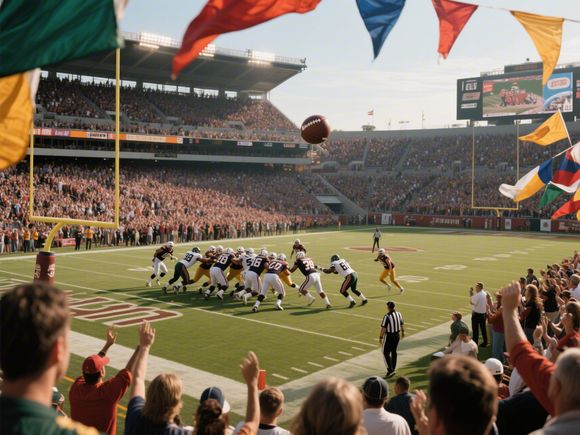
The Push for a Ban
Green Bay’s proposal required approval from 24 of 32 owners, citing "player safety" and "pace of play." The new rule prohibits teammates from pushing the quarterback after the snap, penalizing violations with 10 yards. While framed as a safety measure, critics accused the Packers of targeting the Eagles’ unique execution. NFL Chief Medical Officer Dr. Allen Sills warned of injury risks, though Hurts dismissed concerns, emphasizing the play’s reliance on teamwork.
Implications for the NFL
Teams must now rethink short-yardage strategies. The Eagles may lean more on running back Saquon Barkley, whose red-zone role could grow significantly. Analysts like Ryan Clark criticized the ban as "soft," urging defenses to adapt rather than seek rule changes. Other teams, like the Detroit Lions, argued the play gave the Eagles an unfair edge.
Eagles’ Response and League Dynamics
Philadelphia opposed the ban, claiming other teams failed to replicate their success despite the play’s legality. Hurts noted the tactic required precision and conditioning, suggesting envy—not safety—drove the decision. The Eagles also proposed aligning regular-season overtime rules with playoff formats to ensure fairness.
Key Takeaways
- Tush Push: The Eagles’ innovative play banned for safety and competitive balance concerns.
- Philadelphia Eagles: Most impacted by the rule change, losing a key offensive weapon.
- Jalen Hurts: Central to the play’s success, now facing adaptation challenges.
- NFL’s Dilemma: Balancing innovation with safety, and maintaining competitive equity.
Conclusion
The ban signals a pivotal moment in NFL history, challenging teams to innovate while reigniting debates about the sport’s evolution. As the 2025 Season approaches, how teams adapt—and whether creativity or tradition prevails—will define the future of football strategies.


